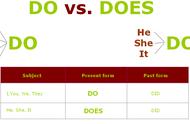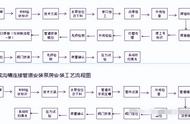- ceremony和rite区别
ceremony可以是宗教仪式,但更多时候指正式的官方仪式活动,比如:
an awards/ opening ceremony 颁奖/开幕仪式
a wedding/ marriage ceremony 婚礼
而Rite更侧重指宗教方面的仪式。
除此之外,ceremony还可以指“礼节、客套”,比如:
He showed them to their table with great ceremony.
他彬彬有礼地把他们带到餐桌边。
而rite则有“惯例”的意思,比如:
The British family Christmas rite 英国家庭过圣诞节的惯例

freshman可不要翻译为“新鲜的人”
freshman其实和fresh没有直接的关系,而是指新手或者是刚上大学的大一新生。
例句:
Every freshman has to take part in military training.
每位新生都要参加军训。

- 大二:sophomore 【ˈsɒfəmɔː(r)】
大家曾经调侃,因为大二的学生suffer more(承受更多),所以叫sophomore。
但其实,sophomore 由 soph 和 more 两部分组成,两个词都是源古希腊语。
soph是来源于古希腊语中的 sophos,有着智慧的含义;而more 是出自希腊语中 moros 一词,表示愚蠢,笨蛋的意思。所以sophomore意味着他们已经初步具备智慧,处于懵懂的状态。
例句:
As a sophomore, she has begun to tire of them.
但到了大二,她开始感到厌烦了。

- 大三:junior 【ˈdʒuːniə(r)】
junior 有“地位或等级较低者”、“年资较浅者”、“晚辈”的意思,比如:an office junior 下级军官。
- 大四 senior
senior 本意是指“年长的;级别高的上级”,也指毕业班的学生,也就是大四的学生。
例句:
When I was a senior, I went to Guangzhou alone.
大四的时候,我独自一人去了广州。
















